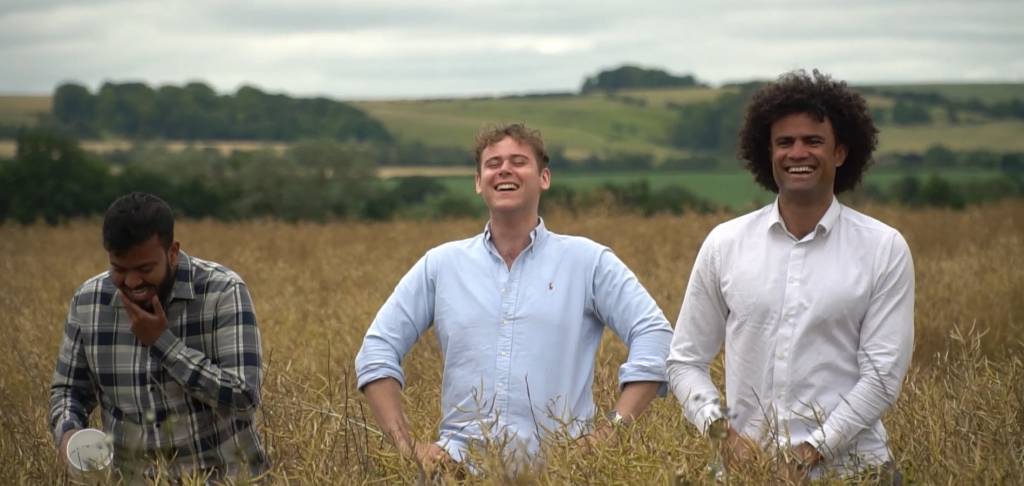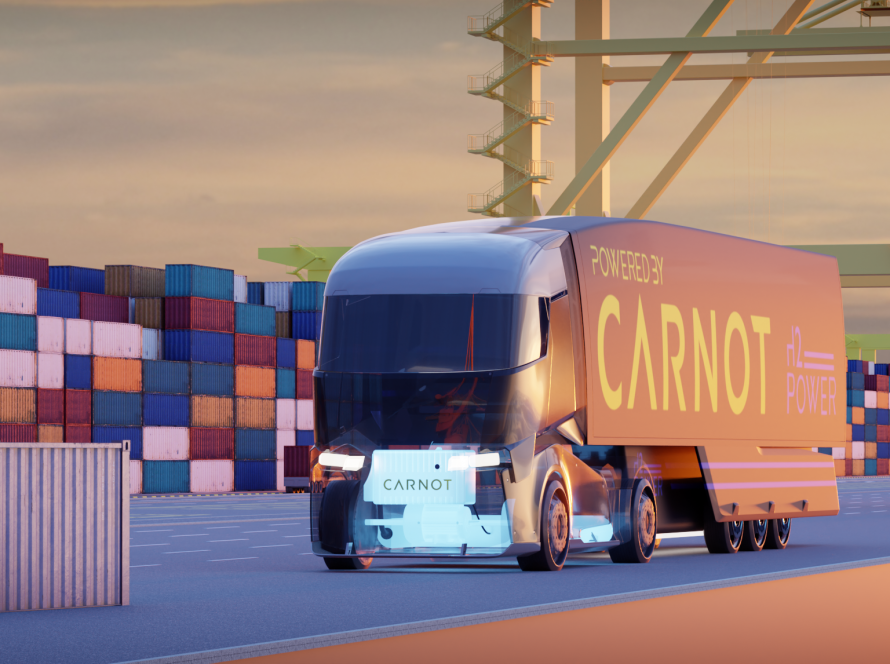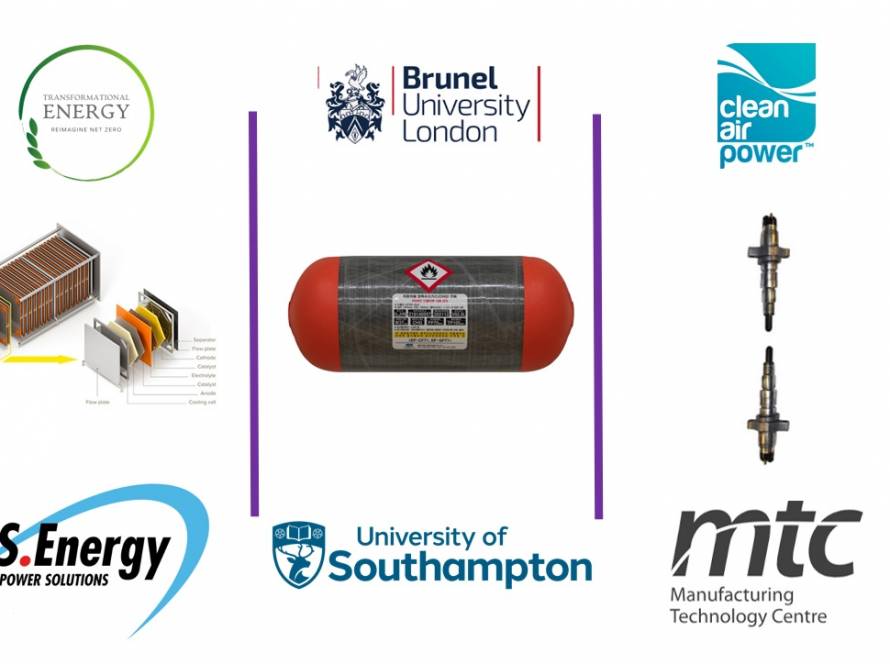C
arnot was co-founded by innovators Archie Watts-Farmer, Francis Lempp and Nadiur Rahman. We are driven by achieving a sustainable future and believe that sustainability and profitability go hand in hand.
Nadiur Rahman obtained his MEng in Mechanical Engineering from Queen Mary University of London in 2018 and went on to modelling ceramic engines, playing a large role in delivering two government funded research projects in 2018-19. Nadiur has a keen interest in F1 and enjoys playing sport alongside his hobby of 3D printing household items and accessories.
We interviewed Nadiur to gain a better understanding of how he came to be a co-founder, engineer and entrepreneur.
“I have been filled with the same excitement and enthusiasm I had first felt before embarking on my journey to becoming an engineer”
Nadiur Rahman
Meet the Co-Founders

At what age did you start to think about being an engineer?
“Creating and building has been in my nature since my early days as a school kid. Falling in love with BBC programmes such as ‘Robot Wars’ and ‘Top Gear’ provided the spark. Later in my life, curiosity and eagerness to learn and understand how the world around me was able to function became the core driving force. This, coupled with my love of cars at a young age inevitably led me to actively pursue sciences and maths after leaving school.”
What were your major influences during your journey to become an engineer?
“My parents were really helpful in finding my way through all the many choices pupils in my position were faced with. In the end I decided to pursue my interests as it felt like a smart idea. Later on, engineering seemed like the obvious choice for myself due to the excellent platform it provides and the dearth of transferable skills. The solutions-driven nature of work involved and the analytical thinking required was an exciting prospect. I ultimately believe that engineers provide the world with solutions to the problems facing them and strives to better society.”
How has a career as an engineer differed from what you expected, particularly initially?
“One of the biggest things I have learnt is how broad a term ‘engineering’ really is. To be an engineer means to also be an efficient planner, designer, social entrepreneur, and an advocate for environmental sustainability. Engineering brings together a whole range of skills usually from multifaceted teams however possessing all of these will put you in good stead. Modern day engineering requires collaboration across a variety of disciplines and has shifted the domain to a digital environment. The projects engineers may find themselves involved in has the potential to positively impact the community on a local level but also offers strategic importance on a national scale.”
What are the most interesting aspects of engineering for you?
“Engineering continually evolves with new innovations and methods being discovered which means engineering never becomes stale. Professionals in this field rarely perform the same task every day and the change make for an exciting challenge.”
“Collaboration and working with professionals with different backgrounds also makes for interesting conversations. The ability to bring ideas from different perspectives to achieve the same overall goal and the never-ending stream of golden ideas produced.”
What do you think the future holds for engineering?
“The world around us is becoming smarter and more connected however further work is required. The opportunity to innovate in a data-driven world towards a smarter and sustainable future is one of the most exciting areas of engineering. Ultimately culminating in mitigating climate change by ensuring a clean energy supply and removing the burden of economic pressures from zero Green House Gas emitting technologies.”
What were the motivations behind starting Carnot?
“Climate change is an issue close to my heart and I believe we as humans are responsible for sustainable living to safeguard the future generations. There aren’t any silver bullet solutions on the table however there are things we as humans can do to change or adapt our current lifestyles. We came up with the idea to fundamentally rethink the way combustion engines work to significantly reduce their fuel consumptions. The archaic technology currently used to power the bulk of our energy requirements for transport and electricity is simply and extension of the technology used in the 1800’s which is not is not acceptable in the 21st century. I believe we have found a new method of sustainably producing energy capable of meeting the growing demands of the human race.”



